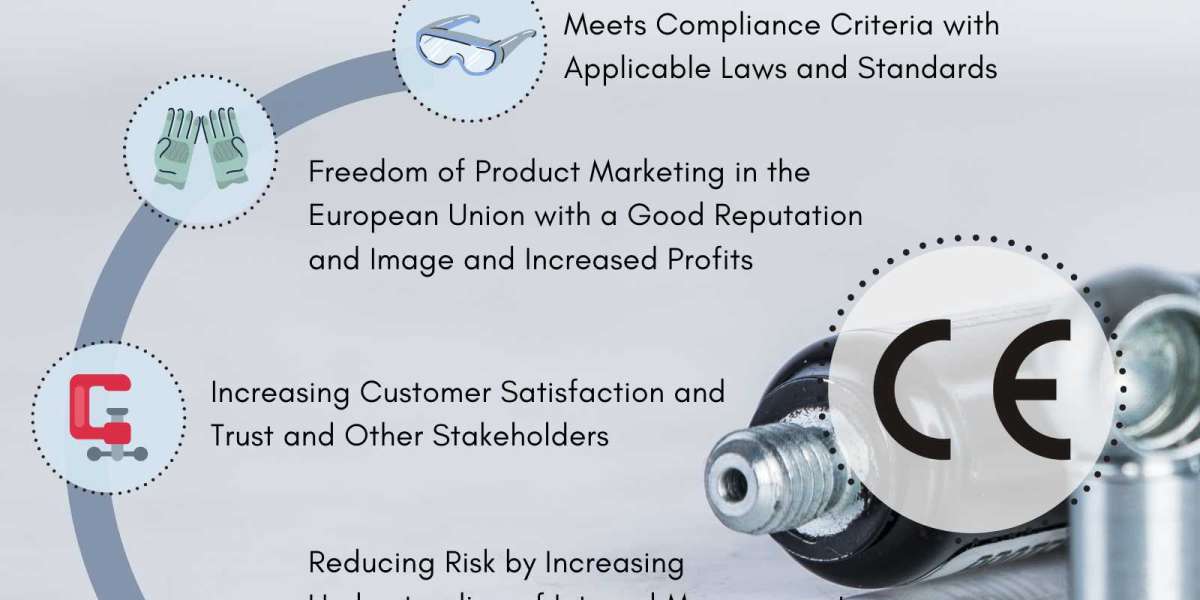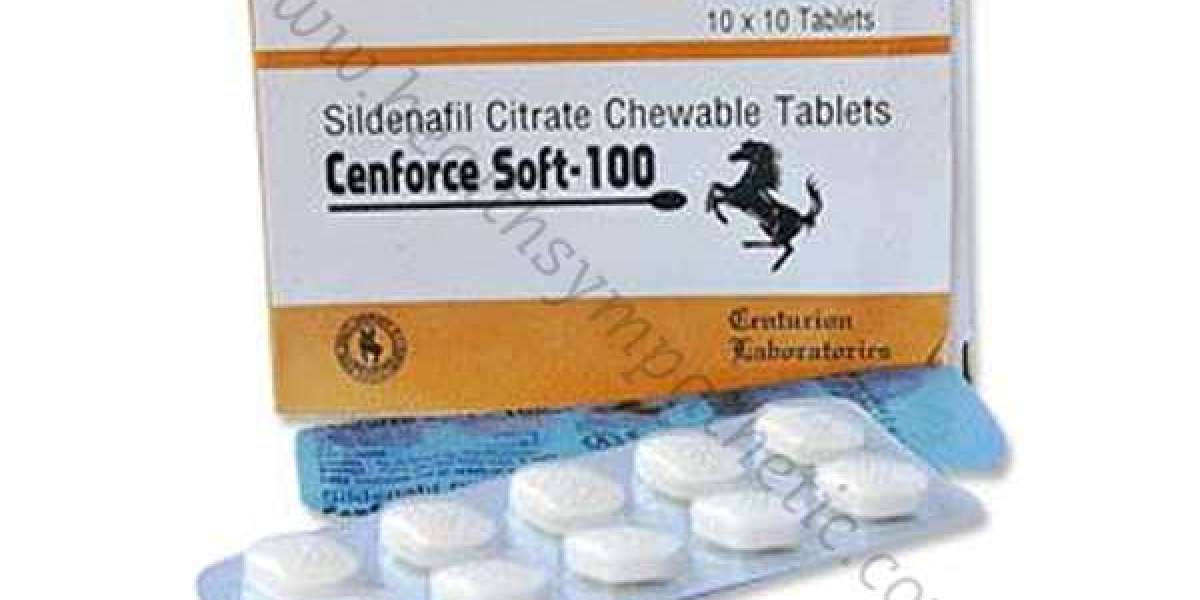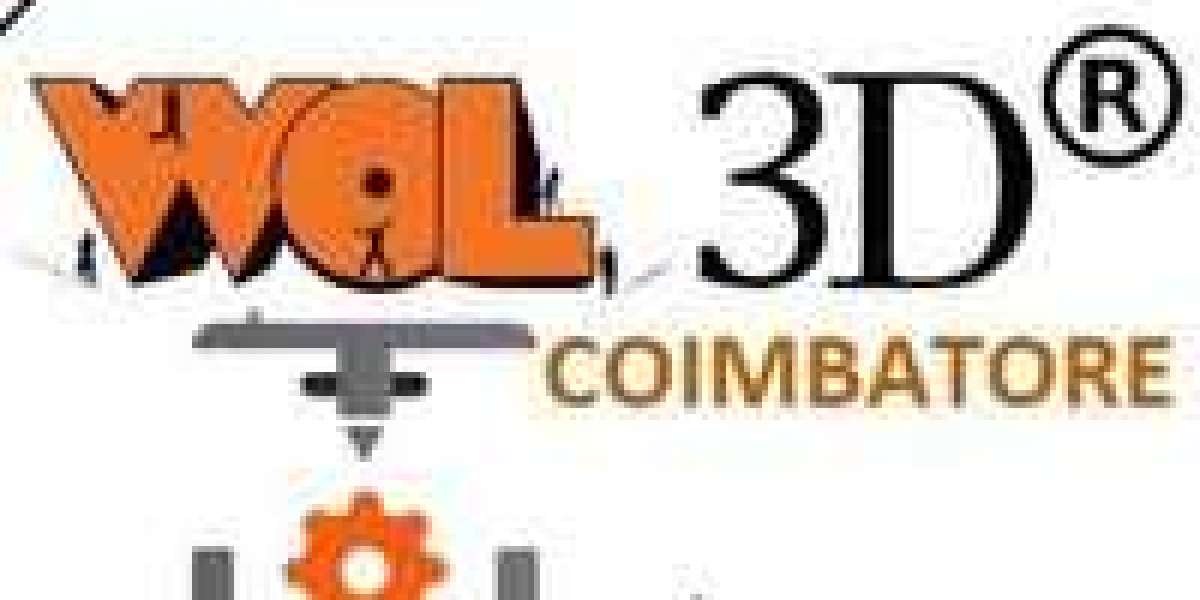CE Certification
CE certification is a critical component for products entering the European Economic Area (EEA). It signifies that a product has been assessed and meets high safety, health, and environmental protection requirements. Here is a comprehensive overview of CE certification, covering key aspects in detail.
What is CE Certification?
Definition and Purpose
CE certification is a mandatory conformity marking for certain products sold within the European Economic Area (EEA) since 1985. It indicates that a product complies with EU safety, health, and environmental requirements.
Importance of CE Marking
The CE mark is crucial because it allows free movement of products within the EEA, facilitates trade, and ensures that products meet standardized safety and performance criteria.
Products Requiring CE Certification
Categories of Products
CE certification applies to a wide range of products, including but not limited to:
- Electrical equipment
- Machinery
- Medical devices
- Toys
- Personal protective equipment
Exemptions
Some products are exempt from CE marking, such as certain food items, chemicals, and pharmaceuticals, which are covered by other specific EU regulations.
Steps to Obtain CE Certification
Step 1: Identify Applicable Directives
Manufacturers must determine which EU directives apply to their product. Each directive outlines specific requirements and standards for compliance.
Step 2: Conduct a Conformity Assessment
This involves testing the product to ensure it meets the essential requirements set out in the relevant directives. This can be done internally or by using an external notified body.
Step 3: Technical Documentation
Manufacturers must compile comprehensive technical documentation that provides evidence of the product's compliance with the applicable directives.
Step 4: Affix the CE Mark
Once the product has passed the conformity assessment and the technical documentation is in order, the manufacturer can affix the CE mark to the product.
Step 5: Declaration of Conformity
The manufacturer must draft and sign an EU Declaration of Conformity, stating that the product meets all relevant EU regulations.
Roles and Responsibilities
Manufacturers
Manufacturers are responsible for ensuring that their products comply with all relevant EU directives, conducting conformity assessments, and maintaining technical documentation.
Authorized Representatives
An authorized representative within the EU can be designated to act on behalf of the manufacturer, particularly for non-EU manufacturers.
Importers and Distributors
Importers and distributors must verify that products have been CE marked and that the manufacturer has completed the necessary compliance procedures.
Benefits of CE Certification
Market Access
CE marking allows products to be sold throughout the EEA without additional modifications or approvals, facilitating market entry and expansion.
Consumer Trust
The CE mark provides assurance to consumers and businesses that the product meets high safety, health, and environmental standards.
Legal Compliance
Adhering to CE certification requirements ensures that manufacturers and sellers comply with EU laws, avoiding potential fines and legal issues.
Challenges and Considerations
Understanding Requirements
Navigating the various EU directives and understanding the specific requirements for each product can be complex and time-consuming.
Testing and Documentation
Conducting thorough conformity assessments and maintaining detailed technical documentation requires significant resources and expertise.
Ongoing Compliance
CE certification is not a one-time process; manufacturers must ensure ongoing compliance with any updates to relevant directives and standards.
Conclusion
CE certification is essential for manufacturers wishing to sell their products in the EEA. By understanding the requirements, conducting proper assessments, and maintaining comprehensive documentation, businesses can ensure their products meet EU standards, thereby gaining access to a vast and lucrative market while ensuring consumer safety and trust.








